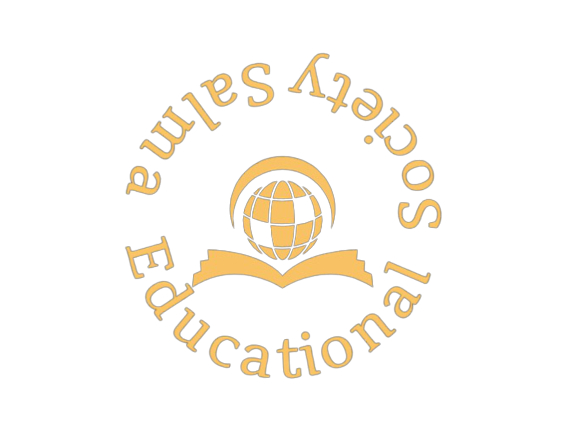A Study on the Approach of Cholistani People towards Education of Their Children
DOI:
https://doi.org/10.58661/ijsse.v4i3.316Keywords:
Cholistani People, Attitude towards Education, Gender Disparities, Parental Attitudes, Socio-Economic BarriersAbstract
The study aimed to explore the attitudes of Cholistani people towards the education of their children, particularly focusing on daughters, in the context of the region’s nomadic lifestyle and socio-economic challenges. The objectives were to assess parental attitudes towards education, examine the variation towards the education for girls, and identify factors influencing these views. The study is quantitative and a descriptive research design was adopted. The population comprised teachers from 45 public schools in the District of Rahim Yar Khan. The sample included 119 teachers selected by simple random sampling technique. The data was collected using a self-structured questionnaire on a 5-point Likert scale and the collected data was analyzed by using the SPSS (employing frequency, percentage, mean score, and standard deviation analyses). Education for male children was often prioritized over female children. Stipends and financial incentives to promote education in the region, these measures were insufficient to address the deep-rooted challenges. The study concluded that a positive attitude toward education among the Cholistani people but socio-economic factors i.e. poverty, nomadic lifestyle, and gender bias, significantly hindered their ability to support and engage fully in the educational process. The availability of qualified teachers and the quality of educational management were also areas requiring improvement. The study recommended government investment in building more schools and improving existing ones with basic facilities including clean drinking water, proper sanitation, and safe transportation options. Mobile schools or flexible schedules should be introduced to accommodate the nomadic lifestyle of many Cholistani families.









